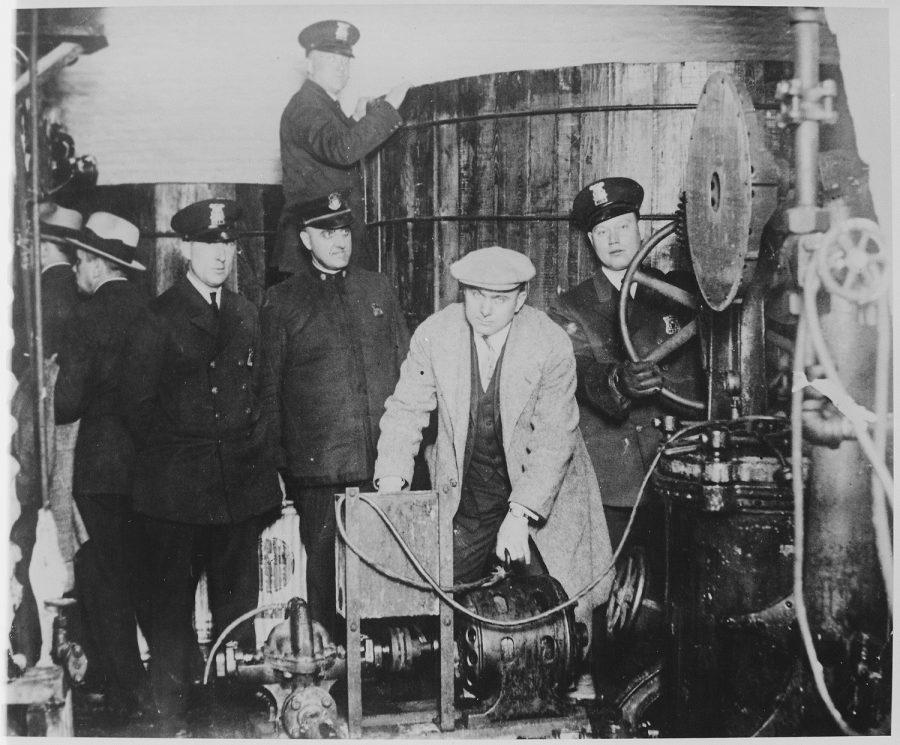This Day In History: February 14th
February 8, 2017
On this day in 1929, Al Capone ordered his family to assassinate his rival, organized crime boss Bugs Moran. Capone sent four men, donned in police uniforms, to North Clark Street in Chicago, Moran’s headquarters. They lined up seven of Moran’s henchmen and shot them to death, but Moran survived. This attack was not only a culmination of the arch rivalry between the two, but it was also representative of the vast failures of the Prohibition era, allowing organized crime to rise greatly.
Moran ran the North Side gang in Chicago, and was an aggressive opponent to Capone, constantly fighting over smuggling and trafficking of alcohol during the Prohibition era. Multiple assassination attempts were had, but the final straw was when Moran set a $50,000 bounty on Capone’s head. Thus, the Valentine’s Day Massacre occurred. While Moran survived, his two best killers, Frank and Pete Gusenberg, died. Moran could no longer continue his operation due to the vast losses, so he dropped out of the organized crime game.
This assault represented the failures of the Prohibition era, which lasted from 1920 to 1933. The government-wide ban on alcohol was originally put in place to combat seemingly predatory companies that preyed on people addicted to the drug. The Dries, people in favor of Prohibition, made propaganda preaching the preservation of the family unit, blatantly stating through campaigns and political cartoons that a vote for Prohibition is a vote for your family. Neglectful husbands would no longer waste their money on alcohol and instead use it to buy food for their family. However, the demand for alcohol was so high that organized crime bosses would be stupid to not take advantage of this situation. Their bootlegging involved selling alcohol that was often extremely dangerous to consume, killing many. Also, with money came power, which became evident when the Valentine’s Day Massacre took place. Capone was never jailed for the massacre or any other crimes he committed. Instead, he was only jailed in 1931 for tax evasion. The amount of money and crime that happened during this era was obvious, and president Franklin D. Roosevelt realized this, repealing the Prohibition Amendment, or the 18th Amendment, with the 21st Amendment. This was the first time a Constitutional Amendment was repealed.


